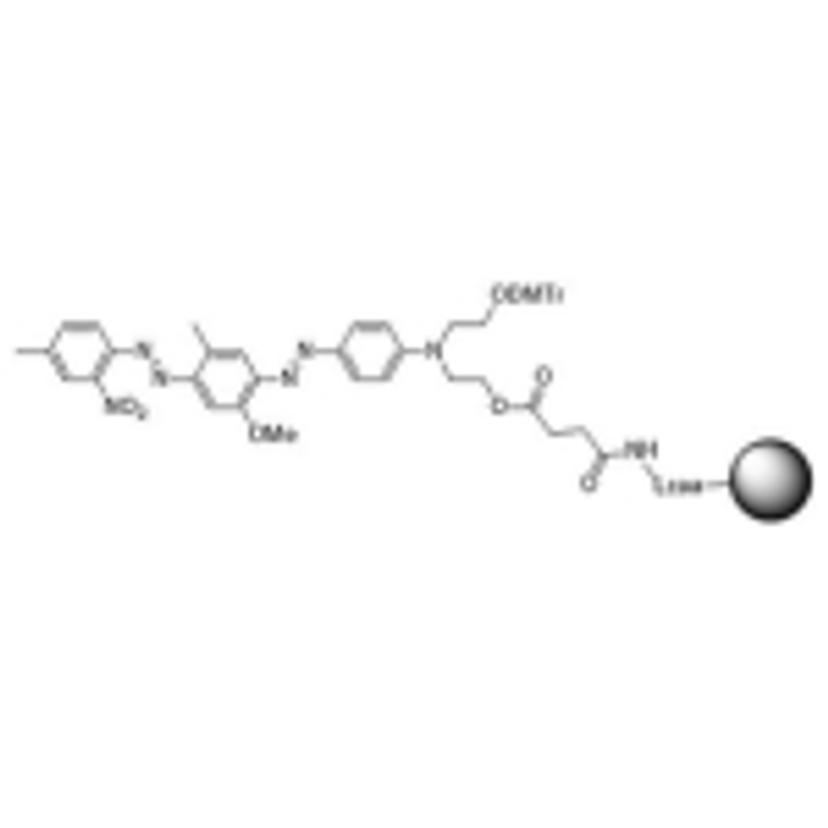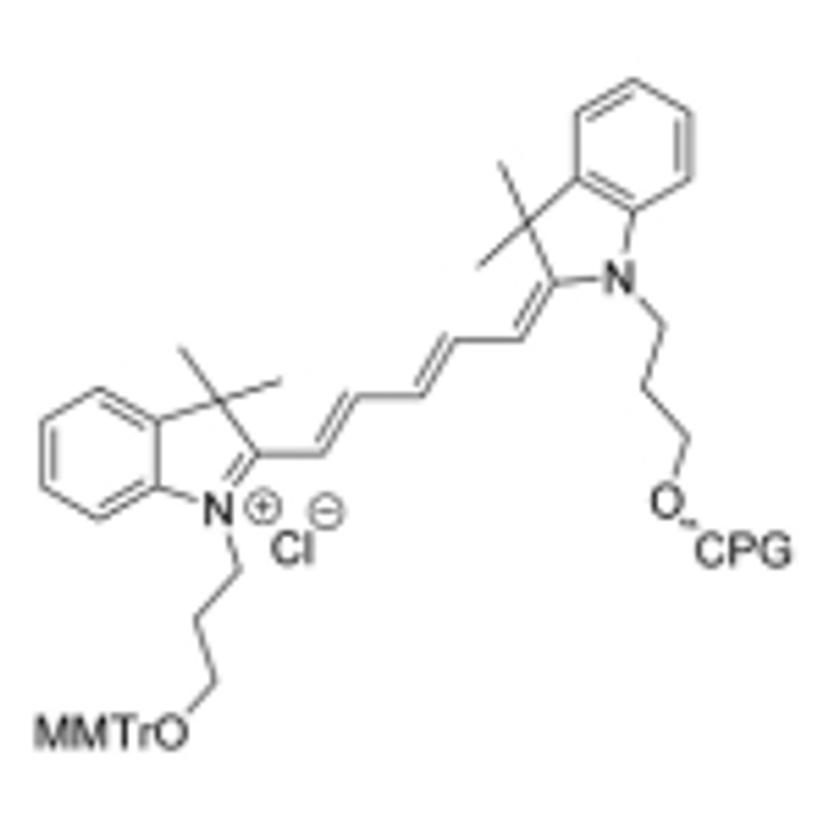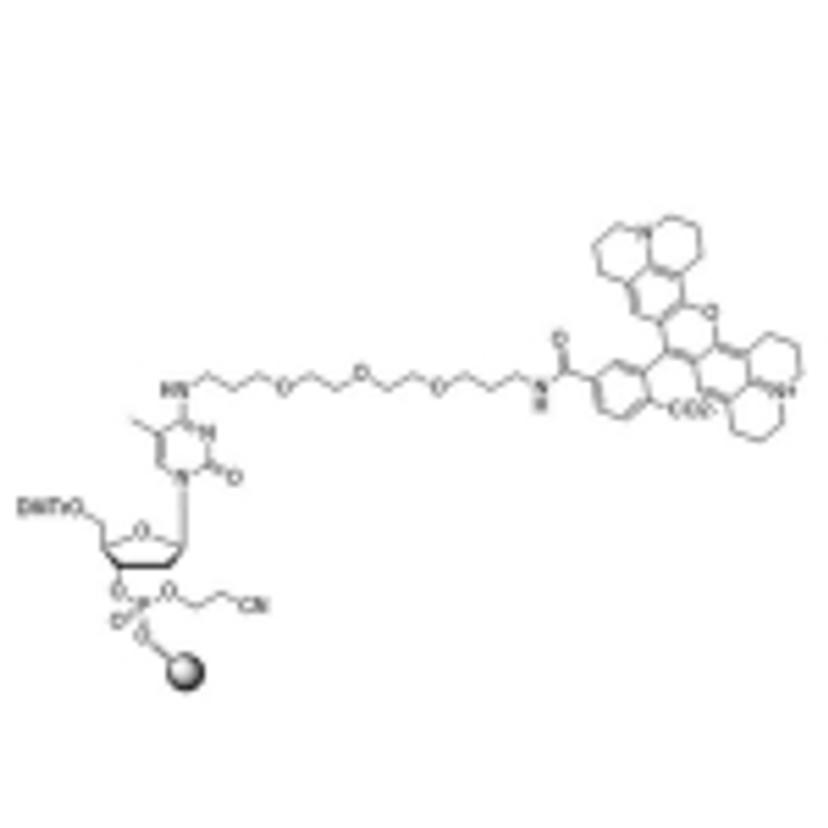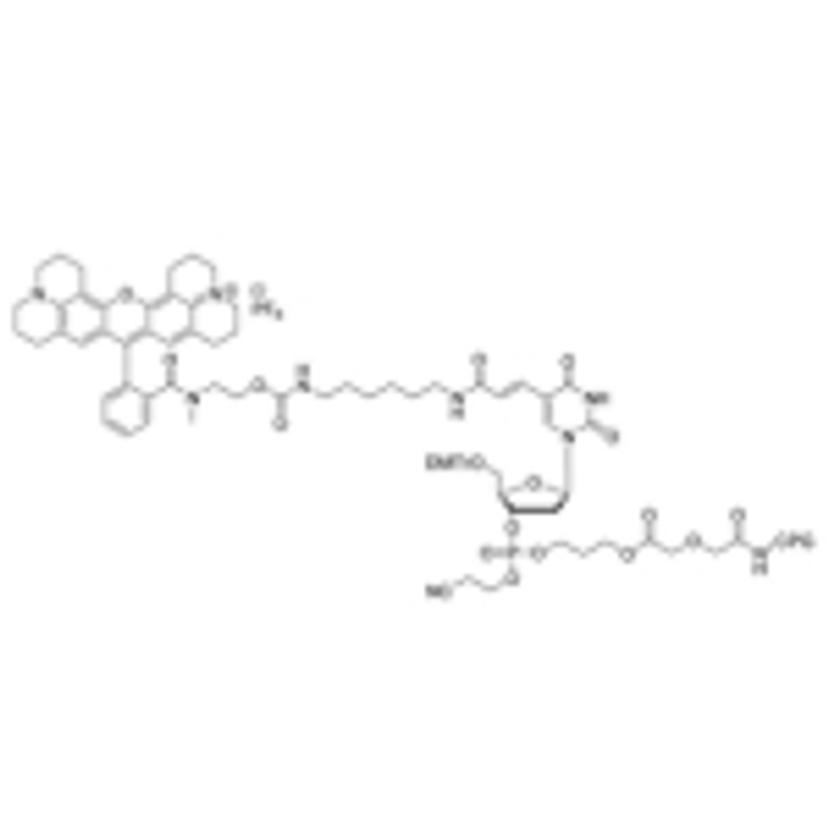Diagnostic and analytical applications of oligonucleotides
Explore LGC Biosearch Technologies’ range of bestselling CPG supports for diagnostic and analytical applications and key purchasing considerations
30 Jun 2023

Considerations when selecting a controlled pore glass (CPG) solid support for diagnostic and analytical applications
Oligonucleotides have become an essential tool for the analysis and diagnosis of various diseases and conditions. In molecular biology, oligonucleotides are used to detect desired DNA or RNA sequences using techniques such as polymerase chain reaction and hybridization assays. Oligonucleotide probes for example, can be used to identify specific mutations and polymorphisms associated with genetic disorders. Oligonucleotide-based microarrays have also been developed to analyze gene expression levels in different tissues and cell types.
The main difference between oligo synthesis for therapeutics and diagnostics or research is the scale. For diagnostic and research purposes, oligos are typically synthesized using controlled pore glass (CPG) at a small to medium scale where higher pore sizes are more appropriate. Fluorophores and quenchers are also used for generating dye-labeled oligonucleotides, enabling a variety of biochemical and analytical applications, such as DNA Sanger sequencing and allele discrimination.
LGC Biosearch Technologies manufactures over 100 different reagents for incorporating various types of fluorophores into oligos. Whether you need to make singly or doubly labelled probes, it offers existing, ready-to-use fluorophores and quenchers as well as a custom synthesis option. With most of its fluorophores offered as phosphoramidites and CPGs, Biosearch Technologies offers more efficient label incorporation and fewer purification steps than post-synthesis labelling.
To simplify the selection process for your application and help direct you towards the right CPG from the list below use our guided solid support finder >>

Black Hole Quencher (BHQ) dyes have become the gold-standard quencher of choice used in qPCR probes and other FRET applications. BHQ dyes are true dark quenchers with no native emission due to their polyaromatic-azo backbone. Choose a CPG with a range of pore sizes to add BHQ dye to the 3′ end of an oligonucleotide.
Learn more Buy now Cyanine CPG

Cyanine dyes are used as fluorescent markers primarily in probes used for qPCR, fluorescence in situ hybridisation (FISH) and in surface-enhanced resonance raman spectroscopy (SERRS) based DNA detection assays. Use this CPG to incorporate a cyanine-5 dye moiety onto the 3′ end of an oligonucleotide.

ROX is routinely used as a passive reference dye to provide a stable baseline for fluorescent reporter dyes in multiplex qPCR. Choose this CPG to incorporate a methyl-dC ROX-phosphate moiety into the 3' end of an oligonucleotide.
Learn more Buy now Cal Fluor CPG

The Cal Fluor dyes are a set of fluorescent dyes specifically designed for qPCR instruments. These dyes can be efficiently manufactured, remain stable through oligo synthesis and work up, have a single RP-HPLC peak and a well-defined emission spectra. Choose this CPG for 3'-CAL Fluor Red 610 labelling of oligonucleotides.

